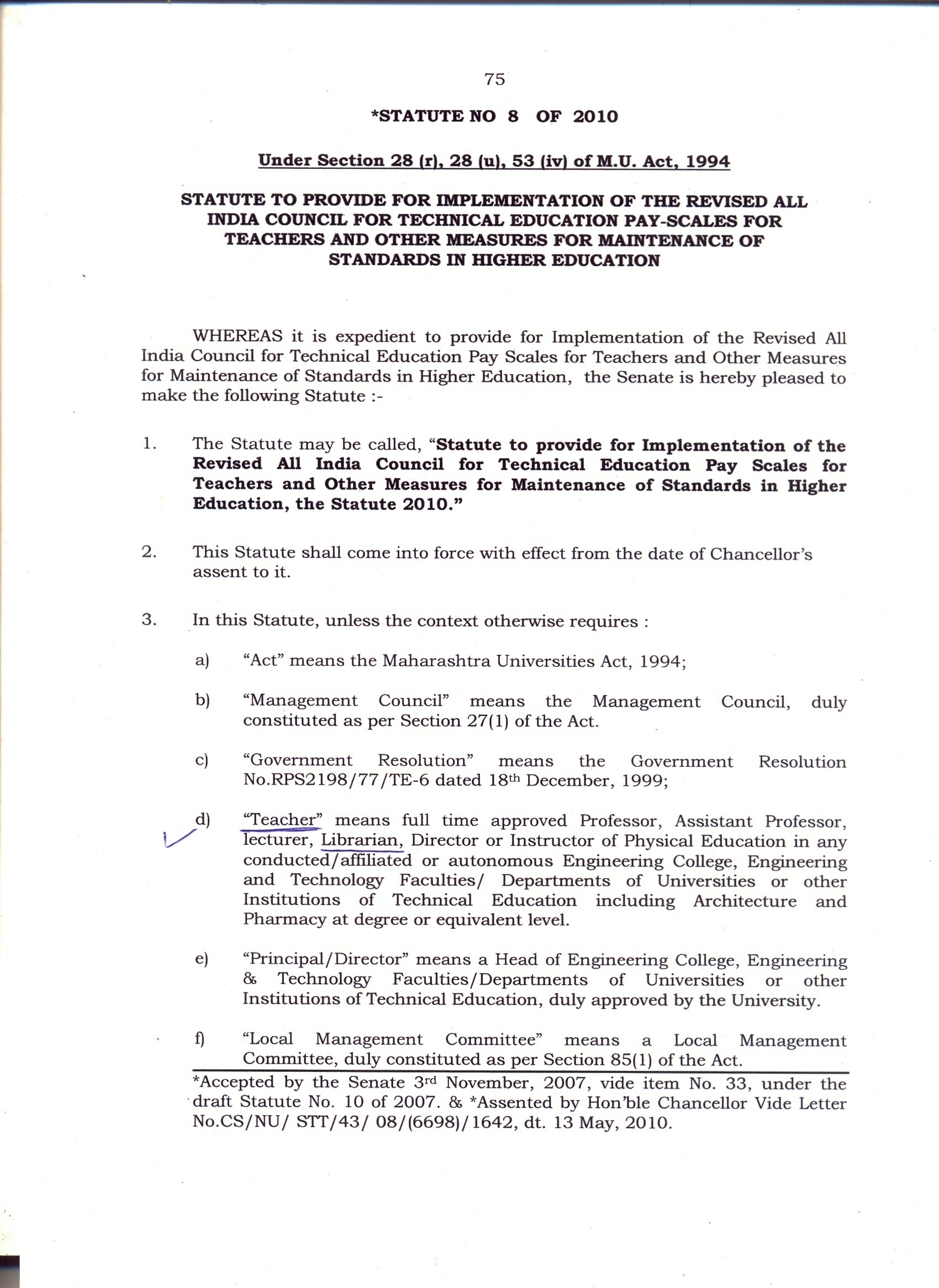AICTE affiliation system needs to end in 10 years, says govt panel
Panel suggests single engineering entrance exam for all schools under AICTE and a single management test for all business schools
A government panel has recommended converting the All India Council of Technical Education (AICTE) into a statutory constitutional body and suggested ending the affiliation system of technical schools in the next 10 years.
The panel has recommended that the AICTE should evolve as a mentor rather than a “policeman”.
Recognizing the “need for restructuring and strengthening” the AICTE to address challenges, the human resource development ministry set up a review committee led by former education secretary M.K. Kaw in November 2014.
More than 11,000 professional schools, including engineering and management schools, fall under the purview of the AICTE.
The panel’s report called on the regulator to shed the mindset of a licence distributor and suggested some radical steps, including doing away with the affiliation system in a decade, conducting a single engineering entrance exam for all schools under AICTE and a single management test for all business schools.
The Indian Institutes of Management (IIMs) and Indian Institutes of Technology (IITs) do not fall under the AICTE’s purview.
The government panel’s report said, “AICTE should be recognised as the chief instrument of state policy in order to establish India as the technical education superpower of the world. It should be converted into an apex constitutional authority to promote orderly, integrated and coordinated development of technical education... technical education should be a fundamental right”.
The recommendations hold significance in the face of growing suspicion over the AICTE’s role as a regulator and its conflicting role along with the University Grants Commission. A case is also on in the Supreme Court on whether it qualifies as a technical education regulator at all.
“It has to get converted into a facilitating agency which promotes technical education... through suitable schemes of mentoring and guidance, faculty improvement, development of research and incubation infrastructure, grant of financial assistance to deserving institutions... and so on”, the report said.
On the growing number of new institutions, the panel said, “New institutions should be allowed only if there is substantial unmet demand pertaining to an area of specialisation.”
The panel suggested that third-party ratings should be used as the “fulcrum of regulation” and that “norms shall measure outcomes rather than be obsessed with physical inputs alone”.
It asked the AICTE to improve the functioning of sub-standard institutions with help from “senior faculty drawn from higher technical institutions who will act as mentors and trainers”.
H. Chaturvedi, director of the Birla Institute of Management and Technology in Greater Noida, said he supports the suggestions of making the AICTE a statutory constitutional body like the Election Commission.
He added that instead of the National Board of Accreditation carrying out the accreditation of courses, the government needs to take the help of competent industry bodies for better outcomes.
Source | Mint – The Wall Street Journal | 29 July 2015







